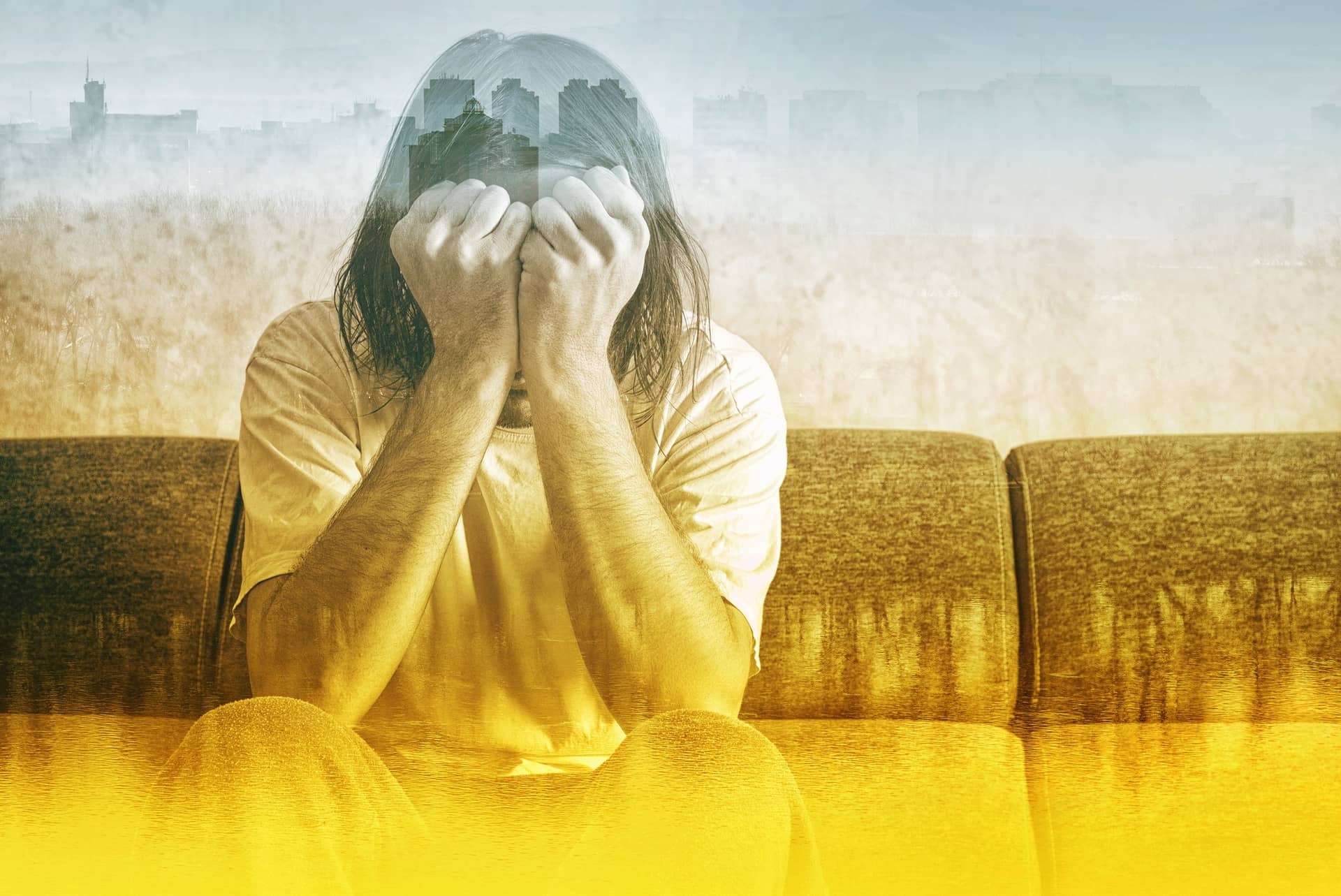
How Many People Does Loneliness Affect?
In 2010 the American Association of Retired Persons (AARP) took a loneliness survey of a nationally representative sample of 3,012 adults age 45 and older. The results were startling:- 35% of respondents were categorized as lonely
- 43% of people age 45-49 were lonely compared to only 25% of those 70 and older
- 51% of never-married folks reported being lonely, versus 29% of married people
- Loneliness emerged as a strong predictor of poor health (as measured by number of medical conditions), even after controlling for other variables closely related to health, such as age.2
Physical Effects of Loneliness
Researchers studying participants in the Longitudinal Aging Study Amsterdam found that loneliness predicted all-cause mortality, even after controlling for age, sex, chronic diseases, alcohol use, smoking, self-rated health and functional limitations.3 While researchers are not certain why loneliness is, in effect, a cause of death, studies show that lonely people have higher blood levels of C-reactive protein (CRP), a test doctors use to measure inflammation. And chronic inflammation provokes chronic illnesses such as heart disease. Inflammation also contributes to accelerated cognitive decline and dementia.4What Loneliness Does to Your Brain
A body of research on loneliness and cognitive decline shows a variety of cause-effect relationships. Loneliness can lead to depression and increased negative emotions; both are risk factors for dementia. In addition to that, social isolation causes a “heightened sensitivity to social threats” and self-protective and, ultimately, self-defeating thoughts.5 To put it simply, lonely people may become fearful and chronically stressed, which causes them to remain isolated from others. It creates a health-damaging feedback loop. One study concluded, "Feeling lonely… is associated with an increased risk of clinical dementia in later life and can be considered a major risk factor that, independently of vascular disease, depression and other confounding factors, deserves clinical attention."6 (Emphasis added) In another study, researchers examined data from the 79 participants in the Harvard Aging Brain Study of cognitively normal adults. They found that people with high levels of beta-amyloid plaques were 7.5 times more likely to report feeling lonely. This held true even when controlling for age, sex, APOEε4 (the “Alzheimer’s gene”), socioeconomic status, depression, anxiety and social network.7Steps to Reduce Social Isolation and Loneliness
Meditation may help reduce the effects of loneliness and social isolation. A study published in the journal Brain, Behavior and Immunity tested the effects of an eight-week Mindfulness-Based Stress Reduction program on loneliness and the increased inflammation markers associated with loneliness. They discovered that the meditation program reduced both loneliness and CRP levels compared to the wait-list control group.8 It’s also a good idea to prepare for the social aspect of retirement with the same attention you give the financial aspect. For many adults, most of their friends are people they work with. Once you retire, it’s possible the friends you made may drift away. Try to avoid that with weekly, monthly or bi-monthly get-togethers. Join classes at your local community center, get involved with your local church or volunteer for a cause you believe in. Dance classes, yoga classes, a gym membership, book clubs, clubs for gardening and other hobbies are all good social outlets. You may want to check on lonely neighbors as well. Help them get the social interaction they need, while helping yourself at the same time. Any way you do it, make sure you don’t drift into isolation and loneliness. It’s worth the effort to get out of the house and mingle. Indeed, your health may depend on it.- Loneliness matters: A theoretical and empirical review of consequences and mechanisms.
- Loneliness among older adults: A national survey of adults 45+.
- Effects of social support and personal coping resources on mortality in older age: The Longitudinal Aging Study Amsterdam.
- Loneliness alters the immune system to cause illness, study finds.
- Perceived social isolation and cognition.
- Feelings of loneliness, but not social isolation, predict dementia onset: results from the Amsterdam Study of the Elderly (AMSTEL).
- Association of higher cortical amyloid burden with loneliness in cognitively normal older adults.
- Mindfulness-Based Stress Reduction training reduces loneliness and pro-inflammatory gene expression in older adults: A small randomized controlled trial.
